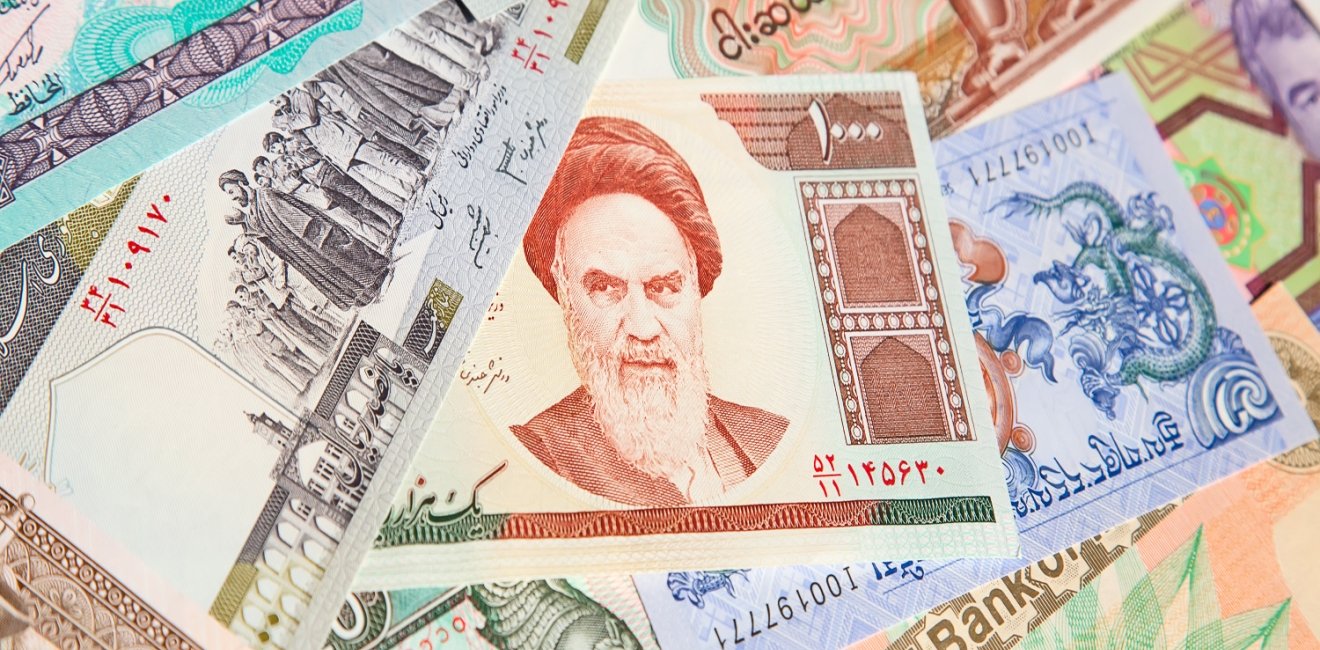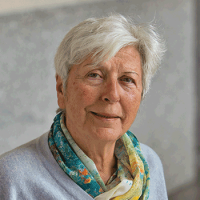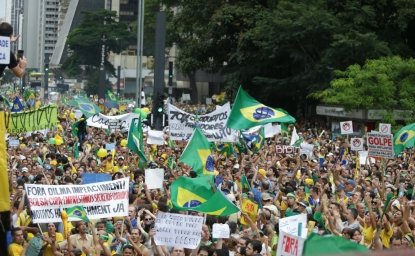What Does Corruption Mean in the Middle East, Exactly?
It is easy to decry corruption in the Middle East and North Africa, but do we really understand its manifestations and boundaries?
It is easy to decry corruption in the Middle East and North Africa, but do we really understand its manifestations and boundaries?

Most Middle East and North African (MENA) countries are considered highly corrupt, but local understandings of acceptable practices and privileges muddy the understanding of what counts. The region as a whole fares poorly on the Transparency International’s Corruption Perception Index — in 2015, it received a score of 39 on a 0-to-100 scale, where 100 indicates the absence of corruption. (The global average is 43.) War-torn countries like Syria, Yemen, Iraq, Libya, and Sudan are perceived to be especially corrupt. Although the Gulf monarchies seem to do much better, with Qatar and the United Arab Emirates scoring respectively a rather clean 71 and 72 (the United States scores 76), they may be receiving high ratings largely because they do not draw clear lines between what belongs to the state and what belongs to the ruling family. In such cases, the conversion of public goods for private gain may go unseen and not even be regarded as corrupt.
Citizens complain loudly, but what they mean by corruption, and what forms of corruption they want to be fought, is a highly confused and confusing matter. People appear to believe that the responsibility for fighting corruption lies elsewhere, and that they are neither part of the problem nor part of the solution, even when they evade taxes or ask for bribes before they will discharge their duty.
Such lack of high-level government commitment — or, worse, the facilitation of corruption by governments — frustrates attempts to curb the problem.
[[{"fid":"60696","view_mode":"default","fields":{"field_file_image_alt_text[und][0][value]":"corruption","field_file_image_title_text[und][0][value]":"","field_file_source[und][0][value]":"","field_file_caption[und][0][value]":""},"type":"media","attributes":{"alt":"corruption","height":"1080","width":"1920","class":"media-element file-default"}}]]
Petty Corruption
Petty corruption is the most visible form of the problem. Requests for payment by low-level government employees for services they should perform as part of their jobs can be aggravating. It is impossible in many countries to get the birth of a child registered, a car license renewed, or an item cleared through customs without money changing hands, directly or through discretely named “expediters” who charge a fee for their services and spare the clients of the need to get their hands dirty directly. Petty corruption is largely the result of inadequate salaries. The problem can only be tackled through civil service reform, but even if reforms were implemented and salaries were increased to adequate levels, the mentality would not change immediately. It is probably not a serious drag on a country’s development, but it can harm individuals at the bottom of the socioeconomic scale.
Large-Scale Corruption
The corruption targeted by governments, usually under pressure from international organizations, involves large sums and can directly affect a country’s economic performance. Considerable amounts of money earmarked for particular public purposes are diverted into private hands in ways only limited by the imagination of people. The causes of this type of corruption are greed and the weakness of control mechanisms. Not much can be done about the former, so most anticorruption programs focus on creating or strengthening institutions of control. Civil society organizations try to contribute by investigating and denouncing abuses, but in most MENA countries they face an increasingly restrictive environment, including prohibition on foreign funding of their activities.
Many international organizations fund anti-corruption projects. The Organization for Economic Cooperation and Development, the United Nations Development Program, the International Monetary Fund, the World Bank, and many bilateral donors including the United States Agency for International Development (USAID) have financed anticorruption programs in various MENA countries. They work on public sector reform, training, mechanisms of strengthening control, and improving laws and regulations in an attempt to make it more difficult for private individuals to appropriate public goods. The impact of such programs is limited. The task is huge, and programs tend to be small and piecemeal. For example, between 2007 and 2013, USAID funded 57 programs with anticorruption components in eight MENA countries, focusing on rule of law, local government and decentralization, civil society, and economic growth. It is not clear how much funding the anticorruption part of the programs received, but it does not appear to have been well spent: the net impact of these projects on the Corruption Perception Index across the countries was zero, with small improvements in some and deterioration in others. Other agencies have been no more successful. Not only have the programs been small, but they have most often been implemented in countries where the government has no real commitment to eliminating corruption.
Egypt does not lack formal institutions; the problem is their functioning.
Such lack of high-level government commitment — or, worse, the facilitation of corruption by governments — frustrates attempts to curb the problem. Egypt offers stunning examples. The military controls most of the desert land in Egypt, including increasingly valuable property on the edge of cities and towns that is badly needed for expansion. The military sells this land in deals that are rarely transparent, for example by selling parcels to businessmen at below-market prices, with kickbacks disappearing into private pockets or being recycled into the murky military economy. Most recently, the Egyptian government further relaxed rules for building on former military land — an enormous privilege granted to the military and the civilians doing business with it, and an open invitation to abuse. Another example involves the supposedly independent Central Auditing Organization (CAO), which was first set up in 1942: Egypt does not lack formal institutions; the problem is their functioning. In December 2015, CAO head Hisham Geneina stated in public that corruption had cost Egypt E£600 billion between 2012 and 2015. A presidential commission was immediately set up to investigate not the corruption, but Hisham Geneina.
Practices Legally Undefined as Corruption
The most insidious form of corruption in many MENA countries is rarely recognized in the region, although it raises eyebrows elsewhere. This is the exemption of many groups and individuals from any form of scrutiny or control. Examples abound. Ruling families in Gulf countries control much of the land. They also control the oil revenue, and are secretive about its amounts and their use — how much goes into the state budget or is invested in sovereign wealth funds, and how much disappears into the hands of the ruling families and their clients, sometimes reappearing mysteriously in the financing of extremist groups to which nobody admits providing funds. From the point of view of the West, this spells corruption. In the region, it is a tradition that many accept as normal, and few dare challenge it openly. Also, in most Arab countries, military budgets are exempted from scrutiny; they are never published and never challenged. In Egypt, the constitution itself specifies that the parliament has no right to review the military budget, even though it reviews the budgets of civilian agencies.
Should longstanding traditions and rules embedded in constitutions be labelled as corruption because they would be considered corrupt elsewhere? This is a difficult question, with considerable cultural and political implications. But it cannot be ignored: anticorruption measures that do so cannot be effective.
The opinions expressed here are solely those of the author.
Marina Ottaway is a Middle East Scholar at the Wilson Center. Her research on the Middle East, as well as her life and travels in the region, have exposed her to corruption in many forms.


The Wilson Center’s Middle East Program serves as a crucial resource for the policymaking community and beyond, providing analyses and research that helps inform US foreign policymaking, stimulates public debate, and expands knowledge about issues in the wider Middle East and North Africa (MENA) region. Read more



